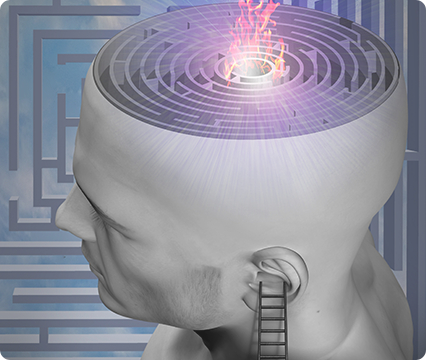Selected biomarkers of depression: What are the effects of cytokines and inflammation?

Depression is a prevalent mental health disorder that significantly impacts quality of life, evident by reports from the World Health Organization (WHO), where approximately 5% of the global population experiences depression, with newer studies suggesting a much higher prevalence of 27.6%, and the numbers continue to rise. Clinically classified under affective disorders, major depressive disorder (MDD) encompasses various conditions characterized by persistent mood disturbances. Given its widespread impact, it is crucial to develop objective methods for assessing depression using specific biomarkers. Research has linked cytokines, hormones, oxidative stress markers, and neuropeptides to depression. Recent findings indicate that inflammatory cytokines directly affect the disorder’s development. Depressed individuals exhibit heightened cytokine responses to stressors and pathogens, which, in combination with other risk factors, contribute to prolonged inflammation, dysregulation of physiological systems, and symptoms such as stress, pain, anxiety, and mood instability. This review by Harsanyi et al. (2022) highlights the latest research on cytokines as potential biomarkers for depression, examining their role in its development, diagnostic potential, levels in bodily fluids, and relevance in animal studies. However, cytokines function within a broader network of physiological mechanisms, interacting with other factors involved in psychiatric disorders. [NPID: Depression, cytokines, interleukins, chemokines, lymphokines, IL-1β, IL-12, TNF]
Year: 2022
 Navigation
Navigation






